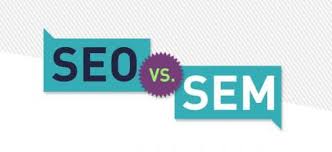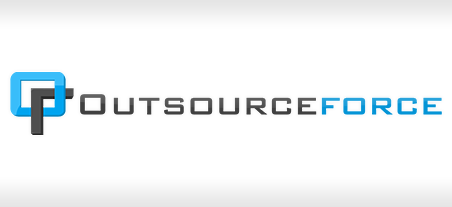
Google authorship or agent rank refers to that method developed by Google, wherein web content producers could verify their identities with Googles’ Author Verification and connect their content anywhere on the web with their Google Plus profile. Its aim was to weed out content scrapers who take an original content of another author and post it on their (scrapers) site as their own. In many cases, the original author is outranked by the content scrapers in search results.
Many internet marketing experts considered the move an excellent way to build their online presence and reputation as authors who verify their identities with Google could get a snippet enhanced search result with their author profile photo and a link to their Google Plus profile, number of Google Plus circles they’re in and a link to more of their related content. This means that the content is bearing some sort of an author’s signature indicating authorship of such content.
There are certain instances that when a specific author’s article was clicked by a user and the user stayed in the author’s page or read through the end of the article, once the user click the back button, other reading materials written by the same author will be shown on the search result. Those articles do not belong to just one website, it showcases different articles from different websites which the author has made a contribution to. This just shows that once an author have substantial materials, Internet users shows engagement, find the article informative and trust is created.
Google found a way to reward verified content authors by inserting additional images and links into search engine results for their work. Such enhanced results generate a higher click-through rate as against traditional results mainly due to three factors – Visibility, Placement and Trustworthiness. Internet marketing experts will no longer have to worry about their content being stolen by other sites. Their content or contents bear their authorship.

But how does Google Authorship affect the site’s ranking? To date, the use of Google Authorship in search has not really made a significant mark yet. In essence, Google allowed verified authors to publish their contents with their photo and profile and a link to their Google Plus page. What this has done to some authors is it helped increase their CTR and showcased other works from different websites.
However, some experts consider Google Authorship as not one of the prime signals that determine search rankings. In other words, Google Authorship is not one of the 200+ direct ranking factors just yet. Agent rank though is included in the social signals and social signals happen to be one of the 200+ prime factors in search engine ranking. This means that while Author rank is not an algorithmic factor, it is a strong factor in their social signals, which are used by Google and other search engines to weigh search results. Google has not attained yet such signals that would identify high quality authors. In short, Google Authorship still has its effect in search engine results ranking, even if indirectly.
In conclusion, Google Authorship or agent rank can affect search rankings through the social signals factor. Authorship becomes an important social signal because it allows Google to attach those signals to an individual, not just a web site. The effects are rather minimal compared to the effects of direct factors such as backlinks. Under this scenario, web authors should strengthen and enhance their contents for social media in order for Google to recognize their social signals as an indicator of high quality author.
But how does Google plan to use author ranking in the near future? Nobody knows the answer to that question as of yet, so online marketing experts across the globe should start building up author rank.



